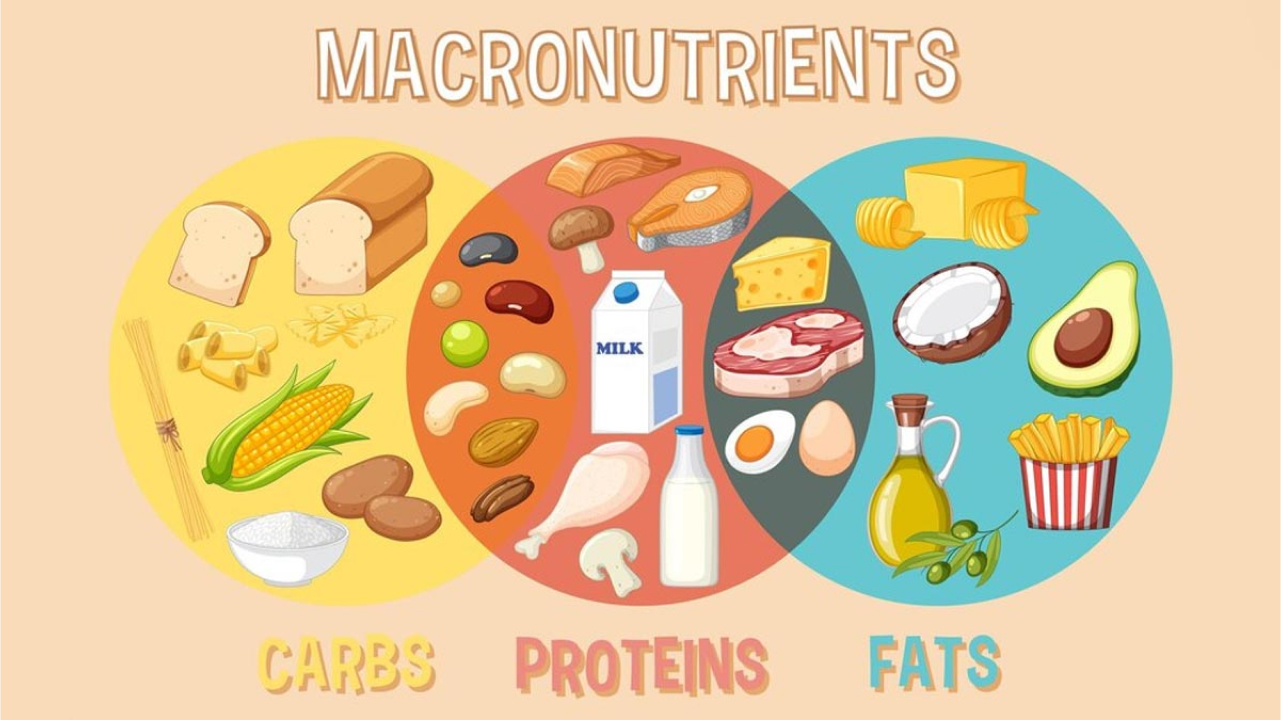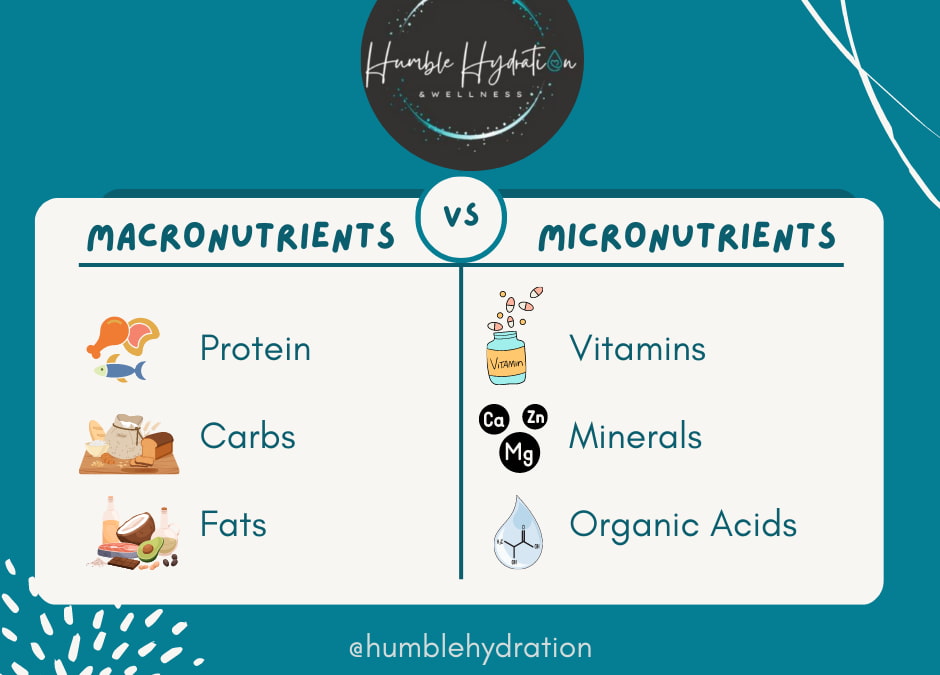The Ultimate Guide to Sports Nutrition
- Home
- The Ultimate Guide to Sports Nutrition

- 12 Jan, 2024
- Administrator
- comments off
The Ultimate Guide to Sports Nutrition
Introduction:
Achieving peak athletic performance requires more than just rigorous training; it demands a strategic approach to nutrition. This comprehensive guide explores the intricate world of sports nutrition, offering insights, tips, and expert advice to optimize your dietary choices for enhanced endurance, recovery, and overall well-being.
Understanding the Basics:
Sports nutrition is a specialized field that tailors dietary principles to meet the unique needs of athletes. It focuses on optimizing nutrient intake to support physical activity, enhance performance, and expedite recovery. Here’s your roadmap to navigating the intricacies of sports nutrition.
1. Macro and Micro Nutrients:

Understanding the distinction between macronutrients (carbohydrates, proteins, and fats) and micronutrients (vitamins and minerals) is fundamental. Balancing the right proportions of macronutrients provides the energy necessary for athletic endeavors, while micronutrients play a crucial role in various physiological functions.
2. Hydration for Optimal Performance:
Proper hydration is paramount for athletic success. Dehydration can impair performance, hinder recovery, and pose serious health risks. Develop a hydration plan that considers your individual needs, taking into account factors such as climate, duration of activity, and personal sweat rate.
3. Pre-Workout Nutrition:
Fueling your body before exercise is essential. Consume a balanced meal or snack that includes complex carbohydrates, lean proteins, and healthy fats approximately 2-3 hours before a workout. This ensures sustained energy levels and primes your body for optimal performance.
4. During Exercise Fueling:
For prolonged activities, especially endurance sports, incorporating energy-boosting snacks or sports drinks can maintain blood glucose levels and delay fatigue. Experiment with different options during training to identify what works best for your body and activity level.
5. Post-Workout Recovery:
The post-workout period is critical for replenishing glycogen stores and initiating muscle recovery. Consume a combination of carbohydrates and proteins within the first hour after exercise to maximize recovery. This aids in reducing muscle soreness, promoting tissue repair, and preparing your body for subsequent sessions.
6. Tailoring Nutrition to Specific Sports:
Different sports demand distinct nutritional approaches. Endurance athletes may prioritize carbohydrate loading, while strength athletes focus on protein intake for muscle repair. Tailor your nutrition plan based on the specific demands of your sport and individual goals.
7. Supplements for Performance Enhancement:
While whole foods should be the primary source of nutrients, certain supplements can complement your nutrition plan. Consult with a sports nutritionist to determine if supplements like protein powders, creatine, or electrolyte replacements align with your training goals.
8. Mindful Eating and Intuitive Nutrition:
Practicing mindful eating involves paying attention to hunger and fullness cues, choosing nutrient-dense foods, and savoring each bite. Intuitive nutrition empowers athletes to develop a healthy relationship with food, fostering a positive mindset toward nutrition and overall well-being.
9. Periodization of Nutrition:
Periodizing your nutrition involves adjusting your dietary intake based on training cycles, competition schedules, and recovery phases. Aligning nutrition with training goals throughout different phases of your athletic calendar optimizes performance and minimizes the risk of burnout or overtraining.
10. Working with a Sports Nutritionist:
For personalized guidance, consider consulting a sports nutritionist. These professionals can assess your unique needs, create customized nutrition plans, and provide ongoing support to help you achieve your performance and health goals.
Conclusion:
Sports nutrition is a dynamic and evolving field that plays a pivotal role in maximizing athletic potential. Tailoring your dietary choices to meet the demands of your sport, training regimen, and individual physiology is key to unlocking peak performance. By incorporating these principles into your nutritional strategy, you not only fuel victory on the field but also lay the foundation for a sustainable and healthy athletic journey. Remember, the ultimate guide to sports nutrition is about empowering yourself with knowledge, making informed choices, and nourishing your body for success.
- Share
